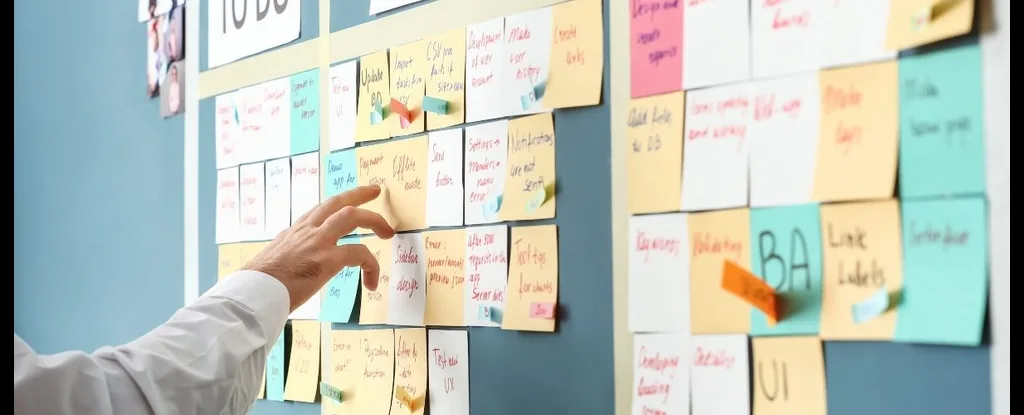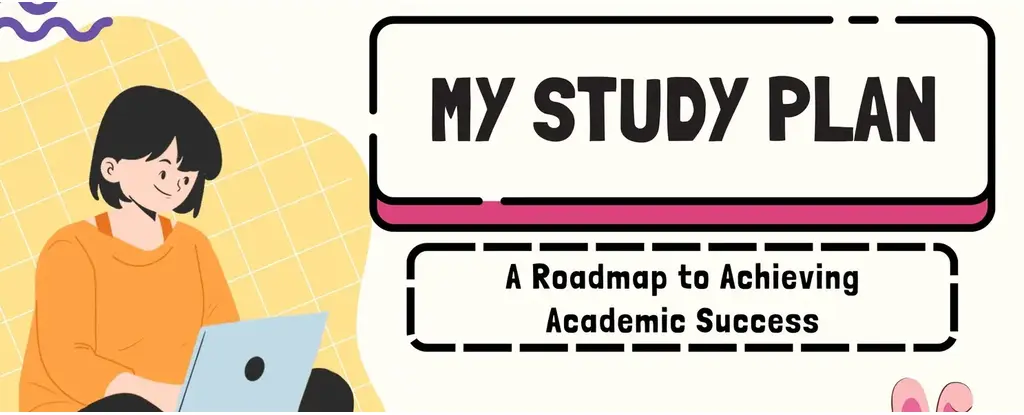Achieving academic success, excellence in educational pursuits and encompassing various aspects of scholarly performance is crucial for personal, social and economic growth. It fosters confidence, critical thinking and creativity leading to better career opportunities, increased earning potential and social mobility. John Dewey famously stated, “Education is not preparation for life; education is life itself.”
Academic success is the culmination of dedication, persistence and effective learning strategies. It encloses not only achieving excellent grades but also developing a deeper understanding of subjects and problem solving skills.
In today’s constantly advancing world, academic success has become increasingly challenging due to global competition and rising standards. Factors like student debt, mental health concerns, socio-economic disparities and system inequalities add to the difficulty.

Here are ten effective study tips that will help you sail through the ocean of difficulties and experience academic success.
Goal Setting
Start by setting specific goals. Define clear, achievable objectives for each study session (For e.g. “complete chapter 3” or “solve 20 maths problems”) Break down larger goals into smaller manageable tasks.
Plan the schedule for Academic Success
Once your goals are set, create a proper study schedule. Plan out dedicated study time, balancing academics and relaxation. Use calendars, planners or apps to stay organized.
Recall
Along with this, use active learning techniques. Engage with material through summarizing, self quizzing and elaboration.

Break it into chunks
Breaking down complex topics also helps. Divide challenging subjects into manageable chunks. This can include identifying key concepts, creating concept maps or diagrams and focusing on one concept at a time.
Test and Evaluate
Once a topic is prepared, practise active recall. Test yourself regularly with practice quizzes, past exams and self- assessment questions. This will reinforce knowledge retention. Miss outs, if any, will also now be recognized by you.
Using Visual Aids for Academic Success
While studying also utilise visual aids. Enhance understanding with diagrams, charts, mind maps, infographics and videos. The human brain recalls visual oriented learning much better in comparison to its dull and passive form.
Review and Revise
Additionally review your study material consistently. Regular review strengthens long -term retention and comprehension. This includes scheduling regular review sessions, using spaced repetition (reviewing material at increasingly longer intervals) and reflecting on progress.

Cutting off Distractions for Academic Success
Apart from this, eliminating distractions provides great help. Minimize interruptions, create an optimal study environment. Create quiet study space, turn off notifications, use website blockers (e.g. self control, Freedom) and schedule breaks.
Study Buddies
Collaborating with peers can make studying interesting. Join study groups or find a study buddy to discuss challenging topics, share notes and resources, quiz each other and stay motivated.
Self help
Along with having a dedicated study time, taking care of yourself is equally significant. Prioritize sleep, exercise and nutrition to maintain cognitive well being. Aim for 7-9 hours of sleep, exercise (30 minutes/day), eat balanced meals and stay hydrated.
Blurt it out
Blurting information out on a single paper must follow your post study routines. Limit the number of pages you are using down to a single sheet, which now becomes your cheat sheet. Setting a limit would force your brain to only jot down the crisp and crucial takeaways. The cheat sheet in future will help you with efficient revisions.
Additional Tips for Academic Success
Some additional tips for academic success are:
Using technology strategically (eg. flashcard apps, digital planners), seeking help when needed (teachers, tutors, online resources), staying organized (digital or physical notebooks, folders) and rewarding yourself for milestones achieved.
Major Takeaways
By incorporating these study tips into your routine, you will develop effective learning habits, improve retention and achieve academic success, which not only will give you your desired results, but also serve as a leverage in the complexities of the future competitions.
Effective study habits require discipline, consistency, patience, flexibility and self- awareness. Remember, everyone learns differently. Normalize feeling stuck, perhaps out of space. It is certainly okay to shut down at times. All you must recall is the big picture behind these small actions.
Learn to motivate yourself through the downs and sail your boat despite all the highs and lows in tides. Experiment with techniques to find what works best for you. Do not get discouraged if one does not seem to work for you, there are plenty of fish in the sea.
Want to see our Academic achievements? Log in to https://cms-one.org/aliganj-campus-1/
